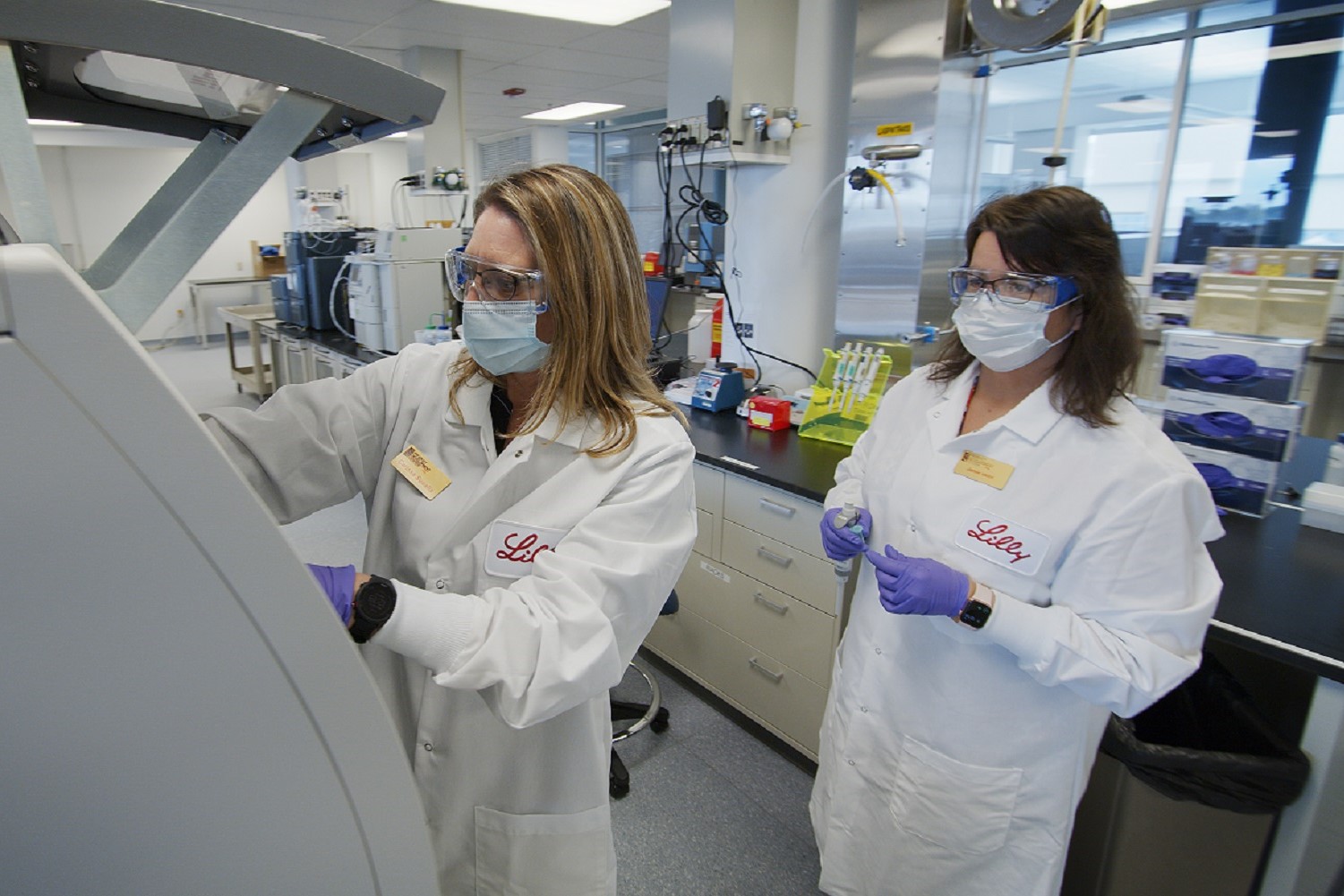Thanks for all the support on my last post. It’s striking how sometimes pointing out the obvious gets a lot of attention. I have a quick follow-up post. The purpose is to show you a real-life and current example of how medical hubris might have killed thousands of patients.
My friend and colleague, Dr. Wes Fisher, sets it up with an important comment on my last post. In good medical blogger fashion, it was short and to the point:
This post [on hubris] should make everyone pause and think about the sanity of irrefutable checklists and the appropriateness of ‘Cheesecake Factory’ medicine – especially when original ‘production line’ gets it wrong. Imagine: medicine as an art. Who knew?

With the Rise of AI, What IP Disputes in Healthcare Are Likely to Emerge?
Munck Wilson Mandala Partner Greg Howison shared his perspective on some of the legal ramifications around AI, IP, connected devices and the data they generate, in response to emailed questions.
Obviously, Wes is worried that guidelines, protocols, and checklists are taking over the practice of Medicine. Established medical practice is no longer just a suggestion, it is morphing into law. There is now great risk in being a practicing skeptic. (Just try stopping a patient’s niacin or fish oil.) But these edicts, which must be followed for quality medicine to have occurred, are human-created and subject to the test of time. The study I just reported shows that 40% of established medical practice gets reversed.
Wes’ comment was made three days ago. This morning I woke to a news flash from another friend, Larry Husten, a journalist specializing in heart news. Larry writes that European Heart guidelines based on disgraced research may have caused thousands of deaths. OMG. This is a real world story of hubris.
Here is my translation. The medical issue deals with how best to lower the risk of heart attack after surgery. Numerous studies done a few years ago showed that giving a drug called a beta-blocker, (which blocks adrenaline’s effect on the heart) might be protective. Alas, the concept made sense. And, as Larry tells us, “the strongest evidence in favor of this strategy came from the DECREASE series of trials.” Other trials were less conclusive and one even suggested a trend toward higher death rates. You could sum it up by saying the issue of pre-operative beta blocker use wasn’t clear. This is where the story gets egregious.
The first fact of the case was the discovery that the principal investigator of the DECREASE trials was involved with a scientific misconduct scandal. The second fact was that the disgraced Dutch researcher was the chairman of the committee that drafted the guidelines for pre-op use of beta-blockers. It was not surprising then that his trials were favored, and pre-operative use of beta-blockers was written into the guidelines. Doctors follow guidelines.
But…A most recent meta-analysis of all pre-op beta blocker trials, excluding the dubious DECREASE data provides scary data. The new analysis, without DECREASE, showed a statistically significant increase in death in the group of patients treated with pre-op beta blockers.
The European Guidelines, to this day, still recommend pre-op beta blockers. The authors of the most recent meta-analysis estimate that millions of procedures in the UK alone are performed in which beta-blockers are recommended. And based on the new findings (a 27% increase in death), they estimate the possibility that thousands of deaths might have occurred because “physicians faithfully followed guidelines.”
This is exactly what I am talking about. The science wasn’t clear but yet medical evidence was driven by eminence-based practice. Doctors just got in line and followed the expert advice.
Sure, there will be an emergency meeting of the guideline writers and this mistake will be corrected. The mistake will be sold as a case of a single doctor’s misbehavior.
I disagree. The real problem here is deeper than a single miscreant. Legions of doctors no longer critically look at the science themselves. Not only don’t they have time, but many feel that even if they did study the science and came up with their own interpretation, they wouldn’t be allowed to go against the almighty expert guideline. They just take the word of expert opinion. Experts are smart, right?
But as Wes points out, hubris is medicine gets magnified when it is practiced by the ‘experts’ and the guideline writers. For in this day, entire quality and compliance departments exist to see that doctors stick to guidelines and protocols. Oh my, oh my, does it get crazy when the guideline writers don’t see their own hubris. Imagine that…Following rules that were wrong. Get that HDL up with pills, adjust those female hormones, put in ear tubes, and don’t even get me thinking about Multaq.
The checklist people like time outs. I say it’s time to call a time out on irrefutable guidelines and protocols. Call it a time out for uncertainty and skepticism.
JMM














